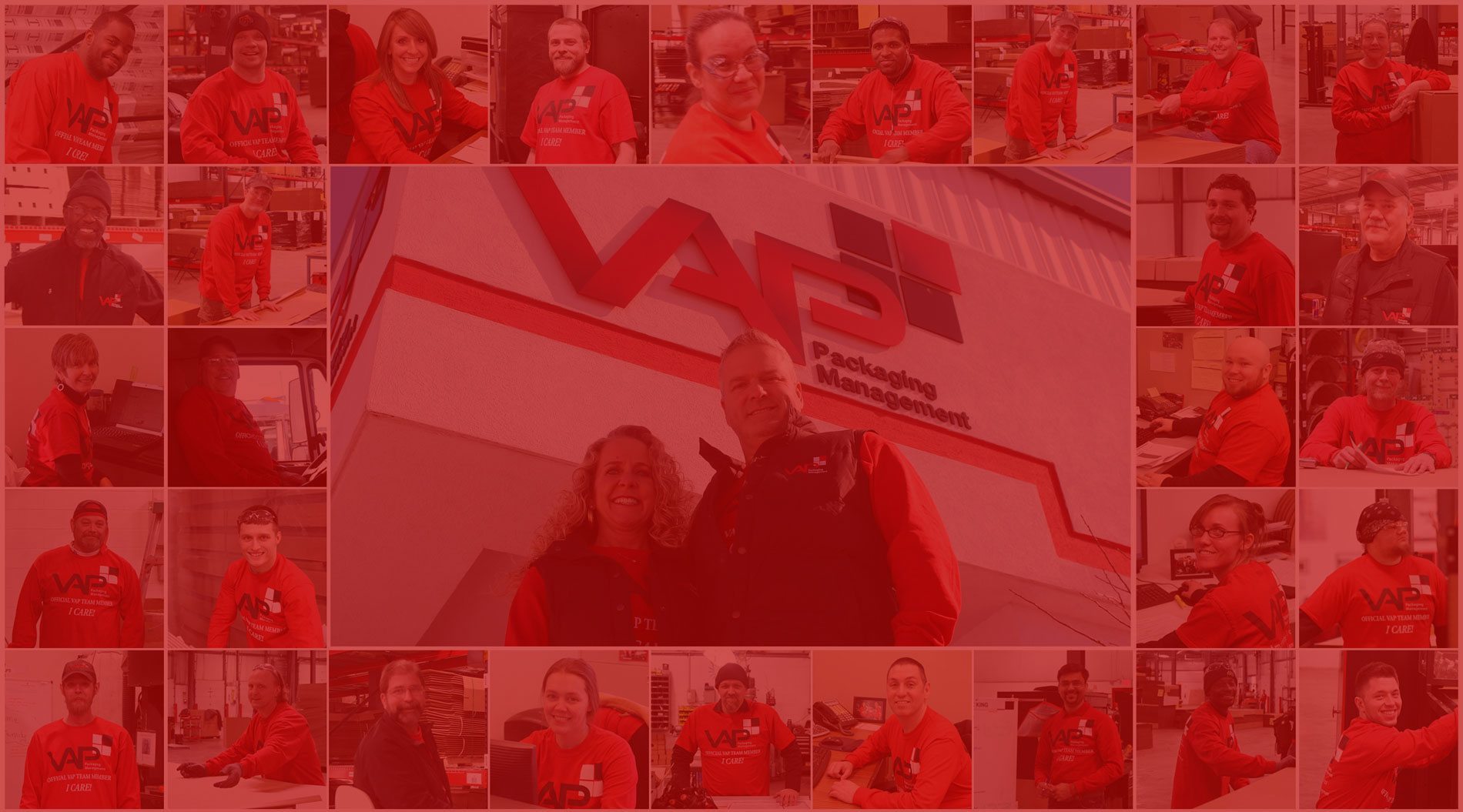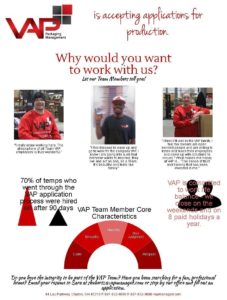 The national unemployment rate has been falling since it peaked in 2010 at 9.9% and it has been in the 5% range since 2014. With fewer job hunters knocking on your company’s door, it has never been more critical to attract qualified, passive candidates. This push for companies to find top candidates can be time consuming, but having a specialized recruiter can speed up the process and take the pressure off of your HR staff, since skilled recruiters are effective at getting the information they need from the candidate in a short amount of time. The trend seems to be that larger companies use corporate recruiters while smaller companies have someone internally take on the recruiting process in addition to their regular responsibilities or use a third party recruiting firm to find candidates. This comes as no surprise, since larger companies often have locations across the country and the world, and contracting out the work wouldn’t make sense. However, I’ve seen growing companies use recruiters in the beginning and lose money by staying dependent on their relationship with the third party firm even when they had enough of a recruiting need to fill a full time position.
The national unemployment rate has been falling since it peaked in 2010 at 9.9% and it has been in the 5% range since 2014. With fewer job hunters knocking on your company’s door, it has never been more critical to attract qualified, passive candidates. This push for companies to find top candidates can be time consuming, but having a specialized recruiter can speed up the process and take the pressure off of your HR staff, since skilled recruiters are effective at getting the information they need from the candidate in a short amount of time. The trend seems to be that larger companies use corporate recruiters while smaller companies have someone internally take on the recruiting process in addition to their regular responsibilities or use a third party recruiting firm to find candidates. This comes as no surprise, since larger companies often have locations across the country and the world, and contracting out the work wouldn’t make sense. However, I’ve seen growing companies use recruiters in the beginning and lose money by staying dependent on their relationship with the third party firm even when they had enough of a recruiting need to fill a full time position.
Glassdoor.com reports that the annual salary for a corporate recruiter averages $60,000 nationally. For a smaller organization, the price of a corporate recruiter may not be worth it if you are hiring a small number of high level positions per year. Typically, a third party recruiting firm charges a fee of 20 – 30 percent of the candidates starting salary. If your company needs to hire a process engineer (glassdoor.com reports a national average salary of $88K), you could be looking at finder’s fees of up to twenty five thousand dollars. If that’s the only position that you need to fill and your company doesn’t have anyone with the time and skills to recruit, using a third party firm might be a great option. Most recruiting firms will do initial interviewing and only send you their top candidates, so it can cut down on a lot of time your hiring managers might spend interviewing unqualified candidates. However, if you have multiple offices and/or are on track to grow quickly those finder’s fees can add up fast, and hiring a corporate recruiter will benefit your company in more ways than just decreasing hiring costs. Having recruited as a corporate HR Generalist and for a third party recruiting firm, I found the differences in the process and approach of the two positions surprising.
The recruiting I did as an HR Generalist for Value Added Packaging focused on using social media sites such as LinkedIn and The Ladders to search for qualified active and passive candidates. My role at the recruiting firm used this same approach, so that aspect was an easy transition. However, when recruiting internally I was able to give candidates information about the job and company upfront, where third party recruiters have to protect their job by keeping the company name confidential. If your company is high in employee satisfaction, having a recruiter with your name on their email signature is going to attract more candidates than communication that is vague about the position and organization. As a generalist, there were many times when candidates asked me about my experience working for VAP. Since I loved my job, I was able to reiterate the positives to them and I felt they trusted me since I was a salaried employee. Third party recruiters do not always have that advantage, and candidates may not be able to get the information they need about your company from a recruiter who has not worked for you. Also, many recruiters rely heavily on commission, which means they are selling your company to the candidate and they are selling the candidate to you. Years ago, I was job hunting and was shocked when the recruiter that was working with me told me exactly how to act in the interview and which qualities the hiring manager wanted to see. It was a great favor to me, because I was prepared and was offered the job, but does that type of coaching undermine the process of finding a candidate that will be a good fit for the position?
Like all business decisions, there is no hard and fast rule on how to handle recruiting. The main point is to consistently evaluate the process as you grow and ensure that you make changes as necessary so that recruiting can be done quickly and cost effectively no matter the size of your organization.


